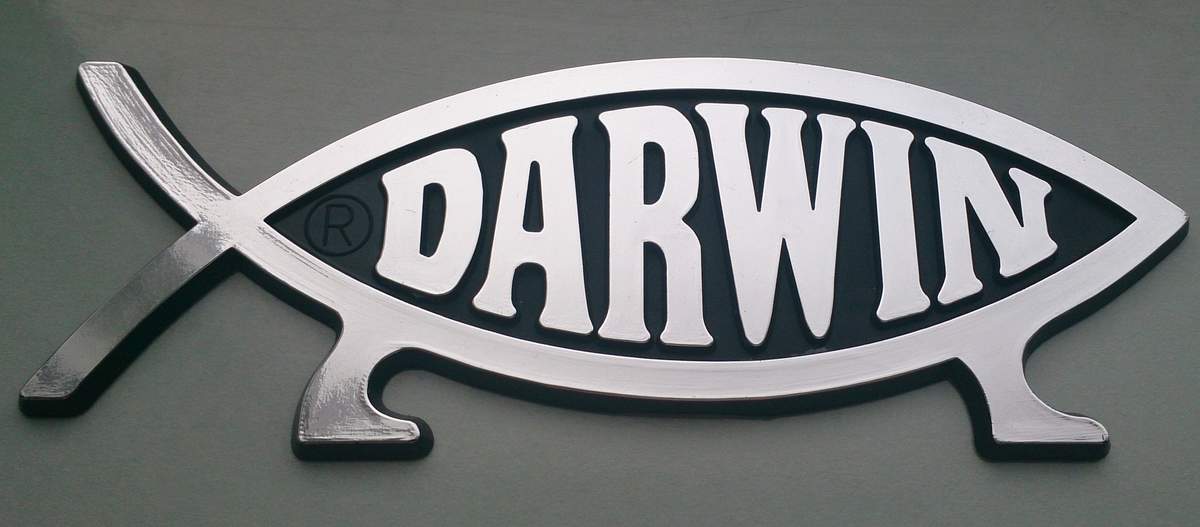Intimate Tickles Thought You Might Be Interested
Published: Tue, 20 Mar 2018 05:00:00 +0000
View Original Article

Today is a day for atheists to take pride in their beliefs, and to let others know of those beliefs if they have not yet done so. Atheists believe there are no deities, while those who are theistic believe some sort of deity exists. The word “a” in their name means “without”. There is no set ideology in atheism—atheists may be humanists, rationalists, unitarian universalists, postmodernists, secularists, among other things.
Greek and Roman philosophers and writers such as Epicurus, Democritus, and Lucretius had an influence on what would become atheism. The term didn’t appear until the sixteenth century, a time when freethought and skepticism began to take root. Some that lived during the Age of Enlightenment were the first to identify themselves as atheists. The supremacy of human reason was an aspect of the French Revolution, and it was at this time that atheism first became used politically. Science also began to undermine religion during the second half of the nineteenth century.
Atheists have a large number of reasons as to why they see religion as being bad. They may think people who believe in a higher power do not think rationally and are not self-reliant. Many believe religion divides people and causes things like war. They see the anti-democratic structure of most religions as being incongruent with human rights, and are opposed to how women and gay people are treated differently by many religious groups. They also may believe that religion hampers scientific research.
There are multiple reasons and explanations why people are atheists:
- They may believe they can live by moral codes without the aid of a god. They often live by the same moral code as those who are religious, but get to them without god, believing him to be unnecessary.
- They may believe science can better explain existence than god can. This belief did not come about until just a few centuries ago, when scientific discoveries began being made. In particular, atheists see evolution as giving explanations about lifeforms and the earth, making god unnecessary.
- They may believe religion is based on emotions, and that it makes people able to cope with fears that they may have, such as that life has no meaning and purpose, or that existence ends after death.
- They see a lack of empirical evidence to support any religion or that god exists. They see the arguments for god as being unconvincing.
- They follow “the problem of evil,” which questions how evil can exist when an all loving, knowing, and powerful god exists.
- They follow the “argument for inconsistent revelations,” which says that with the existence of so many conflicting belief systems it is unlikely that god exists.
- They see an inconsistency between the existence of god and a world where so many do not believe in his existence. This is called the “argument from nonbelief.”
- They follow the “law of parsimony.” This law says that when problem-solving, one should choose the thing that makes the fewest assumptions. In the case at hand, atheism makes fewer assumptions than the belief in religion does. This means the burden of proof should be on the believer, not the nonbeliever. The one that thinks god exists should do the proving.
- They are born into or live in a non-religious society. Communist China is one example of such a place. Others may be born into a religion but lose their faith over time.
It is hard to estimate how many atheists are in the world. A 2015 poll claimed about 11% of the world’s population are atheists, and a 2012 poll claimed the number to be 13%. These were both WIN/Gallup International polls. A BBC poll from 2004 put the number at 8%. Europe and Asia have the largest number of atheists. In 2015, 61% of Chinese citizens identified as atheists.
Atheist Pride Day is being observed today! It has always been observed annually on June 6th. It has always been observed annually on March 20th.
